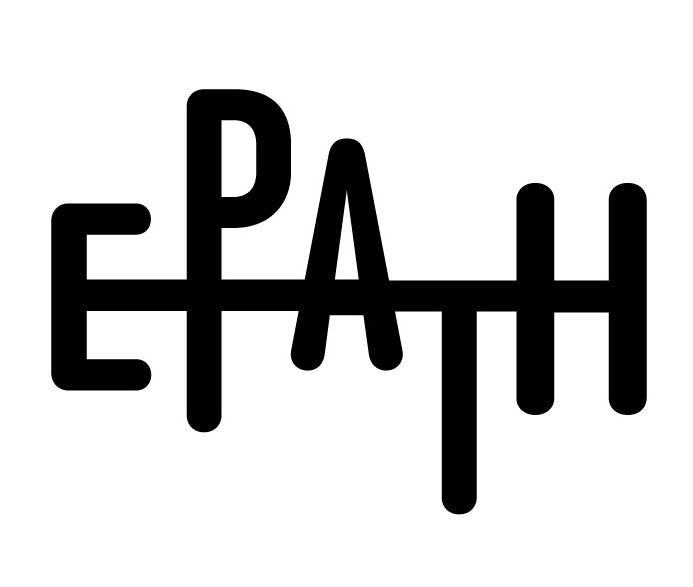Research Ethics
Research on gender diverse people has been historically contentious and has not always been undertaken with the intention of assisting the people being researched. In order to be respectful of gender diverse people, EPATH members and those who engage with the Association when planning research on trans issues are advised to:
- Reflect on how the research is likely to be of benefit to gender diverse people, so as to avoid exploitation.
- Reflect on how people with lived experience of gender diversity can have meaningful input to the research process from the outset. How can one enable members of the transgender community and relevant NGOs to take a role in the agenda setting, development and dissemination of the research?
- Recognise the heterogeneity of the transgender population and take an intersectional perspective, and avoid generalisations.
- Ensure transparency with (trans) participants and organisations.
- Use sensitive and affirming language and techniques.
- Ensure that the research does not place an undue burden on the participants, and the reimbursement of participation costs for example is taken care of.
- Understand that Ethical Approval from a university or other statutory board is necessary, but not sufficient, as it will not necessarily take into account cultural sensitivities. This ethical approval must engage with the data protection rules as established by EU Law (EU Directive 2002/58/EC) and by the EU General Data Protection Regulation 2016/679 of the European Parliament and of the Council (“GDPR”).
- Be transparent regarding funding bodies and institutions and any conflict of interest that might occur.
- Encourage all members of the research team (cisgender and transgender) to engage in reflexivity over their role and impact. Cisgender researchers must consider whether they might instead pursue similar, or adapted, research with a cisgender population; and consider why they wish to research out with their own community group.
- Be cautious of making claims in the discussion which are not supported by the results, and highlight future research possibilities.
- Give due consideration as to whether research findings might be abused in future, and what might be put in place to mitigate this.
- Make the research as accessible and respectful as possible and avoid harm to participants. Disseminate findings in such a way as they are available to non-specialist community members, for instance by publishing the results in open access journals or in online reports.
You can download these ethical guidelines in PDF here: EPATH Research Policy (PDF).
